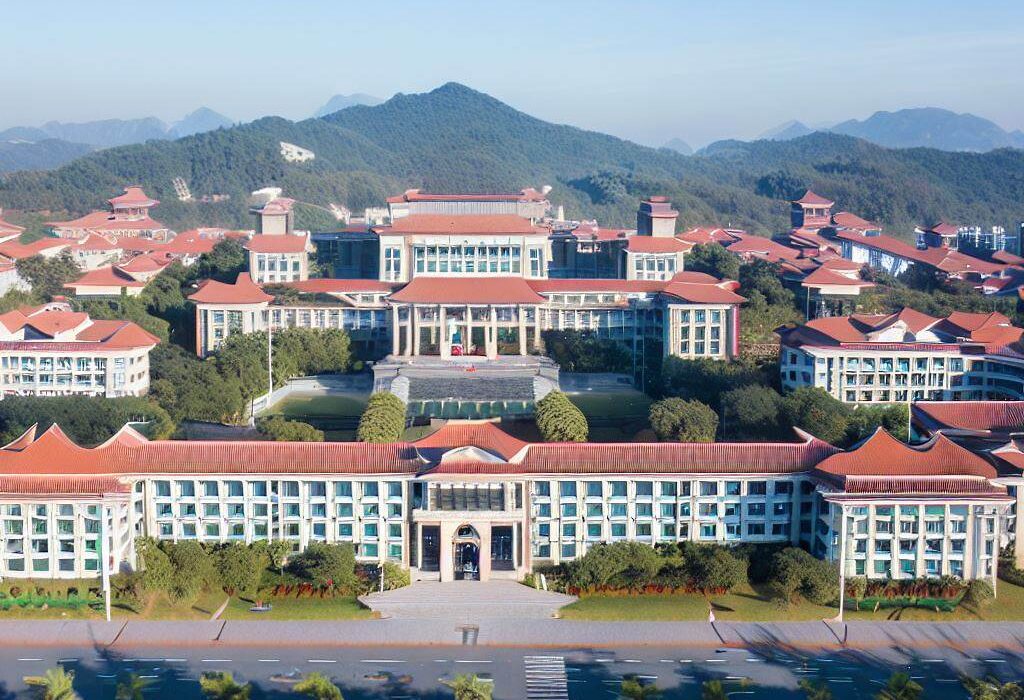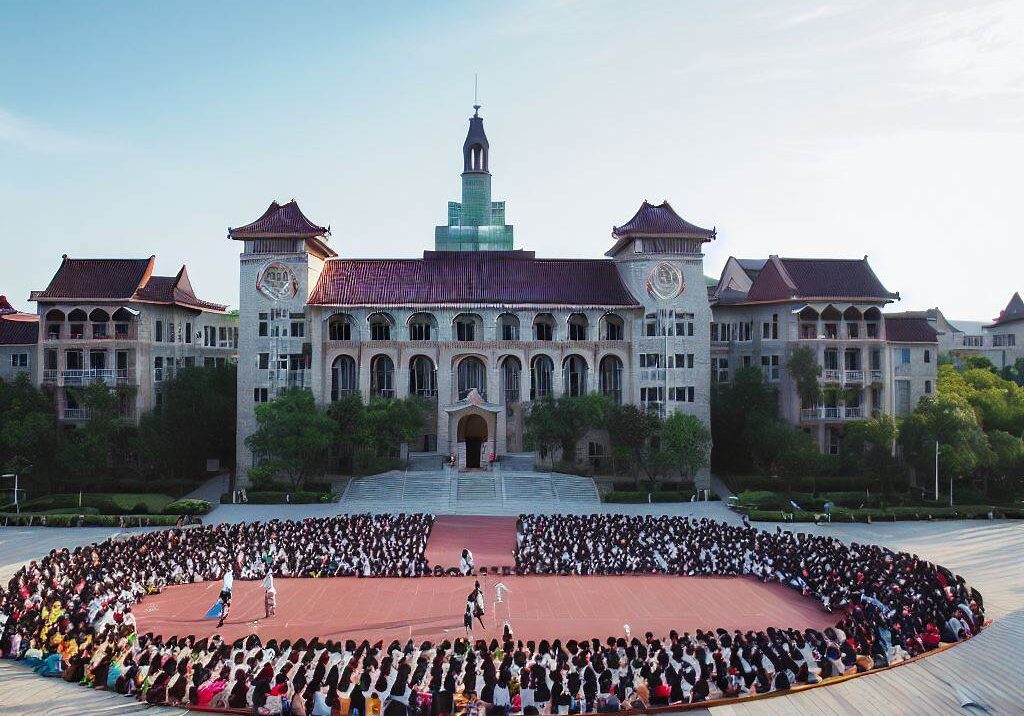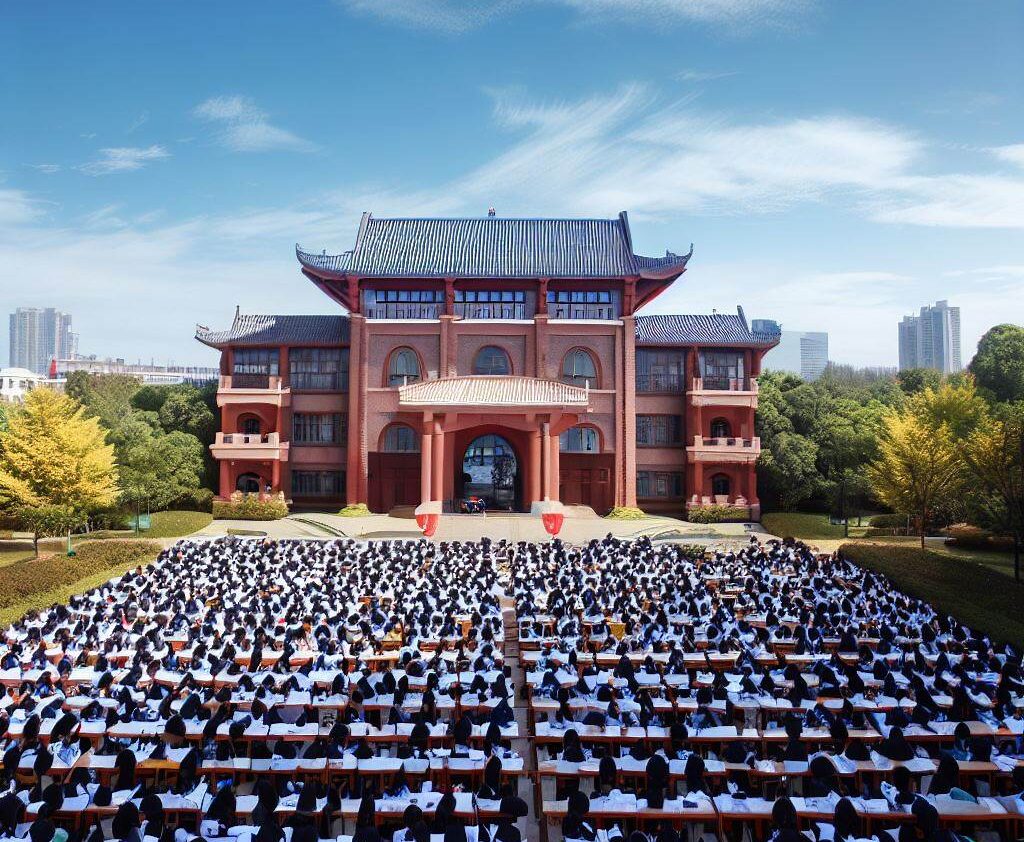Double Reduction, New Era-New Education reform policies

Double Reduction, New Era-New Education reform policies
In 2021, China introduced the Double Reduction, New Era-New Education reform policies.
The Double Reduction policy was implemented in response to growing concerns over the mental health of students and the negative effects of excessive academic pressure. Under the Double Reduction policy, schools were instructed to reduce the amount of homework and exams given to students, as well as limit the amount of after-school tutoring. The policy also encouraged schools to adopt more innovative and practical teaching methods, such as project-based learning and hands-on activities.
Another key reform was the introduction of the “New Era, New Education” policy, which aimed to modernize China’s education system and prepare students for the challenges of the digital age. The policy emphasized the importance of STEM education and encouraged schools to incorporate more technology into their teaching methods.
STEM education refers to a type of educational approach that focuses on four key disciplines: Science, Technology, Engineering, and Mathematics. It is a comprehensive approach that integrates these four subjects to help students develop skills that are critical for success in the modern workforce, including problem-solving, critical thinking, and creativity.
STEM education aims to equip students with a strong foundation in these subjects, providing them with the tools they need to succeed in a rapidly changing and technologically advanced world. It emphasizes hands-on learning, experimentation, and exploration, encouraging students to engage in projects that involve design, building, and testing.
STEM education is increasingly becoming a priority in many countries, as employers are seeking employees with strong skills in these areas. Governments and educators alike recognize the importance of STEM education in preparing students for the future and providing them with the skills they need to succeed in a highly competitive job market.
STEM education is an educational approach that emphasizes Science, Technology, Engineering, and Mathematics to develop critical thinking, problem-solving, and creativity skills in students.

In addition, the Chinese government was also implementing reforms to improve the quality of teacher training and support. The government was investing in the training of high-quality teachers and improving their working conditions to attract and retain the best talent.
However, in August 2021, the Chinese government announced a series of sweeping education reforms that could have significant implications for the country’s education system. The reforms included a ban on for-profit tutoring and a restriction on the hours and subjects that tutoring companies could offer. They ademic pressure on students and ensuring that education was accessible to all, regardless of their economic or social status.
The reforms caused a significant upheaval in the tutoring industry, with many companies seeing their stock prices plummet overnight. The government’s actions were seen as a response to growing concerns over income inequality and the impact of excessive academic pressure on students’ mental health.
Overall, education reforms in China were ongoing in 2021-2022, with a focus on reducing academic pressure on students, modernizing the education system, and improving teacher training and support. The recent ban on for-profit tutoring could have far-reaching implications for the tutoring industry and the education system as a whole, and it remains to be seen how the reforms will be implemented and their impact on the education system.
More about education reforms in China before 2021 HERE








